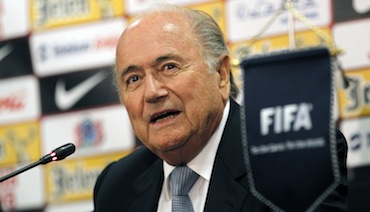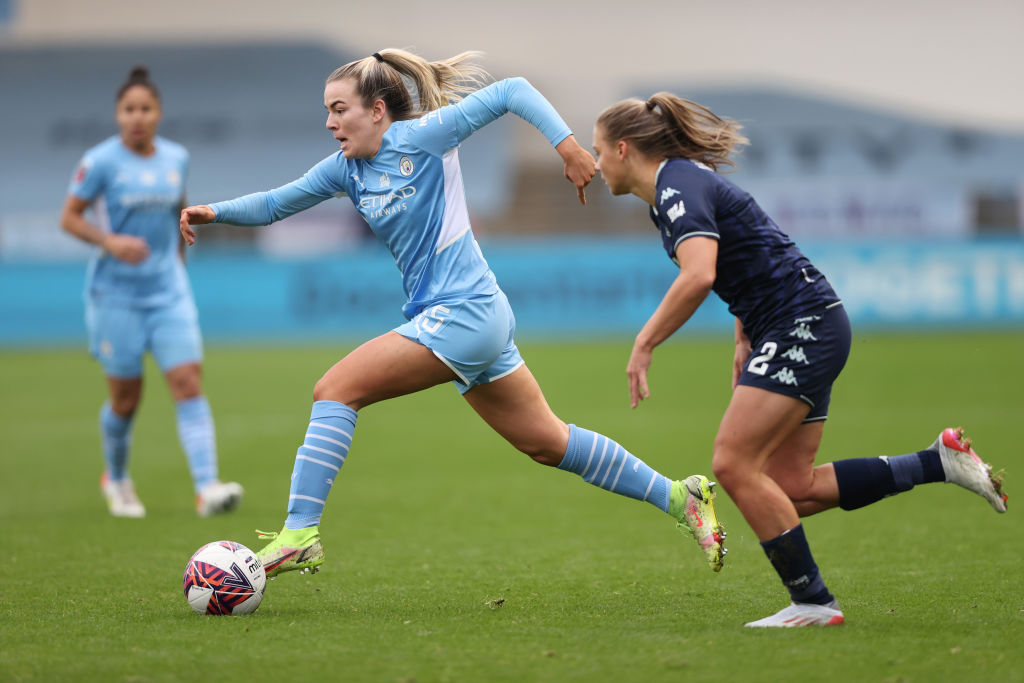Blatter: Brazil 2014 legacy goes beyond football
Brazil will benefit with more than just new stadiums from hosting the 2014 World Cup, FIFA president Sepp Blatter said as unrest in the country continued to overshadow the Confederations Cup.

"In football, the whole country gets the legacy," Blatter said in an interview with Rio's O Globo newspaper.
"Football involves the whole country. The country improves airports, hotels, highways, telecommunications, sustainability programs."
The eight-team Confederations Cup, the test event for the World Cup, is taking place against a backdrop of street protests that have swept across Brazil.
Although demonstrators originally focused their demands on a reduction in bus fares, their gripes have grown and many are aiming their anger at what they see as too much investment in sport and not enough in essential services like health, transport and education.
"I can understand that people are unhappy," Blatter added. "But football is here to unite people. Football is here to build bridges, to generate excitement, to bring hope.
"Brazil asked to host the World Cup. We didn't force it on them. It's obvious that stadiums need to be built but that isn't the only thing in a World Cup: there are highways, hotels, airports and a lot of other items that remain as a legacy."
Blatter and Brazilian President Dilma Rousseff were booed by a capacity crowd at the Confederations Cup opener on Saturday and other matches have provided a rallying point for protests.
Get FourFourTwo Newsletter
The best features, fun and footballing quizzes, straight to your inbox every week.
In Brasilia, police fired tear gas at protesters who tried to reach Brazil's first game and they also fought running battles with demonstrators outside the Maracana stadium in Rio and the Mineirao arena in Belo Horizonte.
The Brazilian government has pledged to spend at least 26.6 billion reais on the World Cup, which will take place in 12 Brazilian venues starting next June.
But with the stadiums the only obvious gain so far, and many of them destined to be white elephants, protesters made their anger known with placards reading: "Teachers are worth more than [Brazil striker] Neymar" and "We want schools and hospitals, not stadiums".
Blatter said he was in contact with Aldo Rebelo, Brazil's Communist Party Sports Minister, and was confident authorities have the situation under control.
"We've spoken, of course," Blatter said. "This is something for the Brazilian government and regional governments to deal with. It's up to them to resolve it.
"The only thing that FIFA can do is offer wonderful football in beautiful stadiums so people can enjoy themselves. I don't know what the government is doing. But I am confident the demonstrations won't hit the Confederations Cup."
